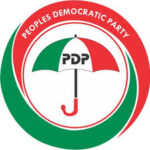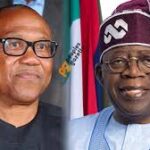South Korea’s National Assembly on Thursday approved sweeping revisions to the country’s martial law regulations, effectively banning military and police interference in parliamentary proceedings without prior authorization from the Speaker.
The legislative changes come in the wake of former President Yoon Suk Yeol’s unexpected invocation of martial law in December, a move that stunned the nation and triggered a dramatic confrontation between lawmakers and security forces.
Under the revised regulations, any deployment of military or police personnel within the National Assembly premises must now receive explicit approval from the Speaker. The law also prohibits efforts to block or restrict lawmakers’ physical access to the parliamentary chamber.
The reforms were spurred by a chaotic episode last year, when then-President Yoon declared martial law without warning. Armed security forces quickly cordoned off the Assembly, forcing legislators to scale fences and navigate through barricades to convene and override the emergency decree. The declaration was ultimately overturned within six hours, but not before igniting widespread public outrage and fears of executive overreach.
Thursday’s vote reflects growing consensus within the legislature to strengthen safeguards against the misuse of emergency powers and to reinforce the independence of democratic institutions.
Lawmakers described the move as a critical step toward ensuring that no future president can weaponize national security to disrupt or intimidate the legislative branch.
The passage of the new law marks a significant shift in South Korea’s civil-military relations and highlights a broader commitment to reinforcing constitutional checks and balances in the aftermath of the December crisis.









